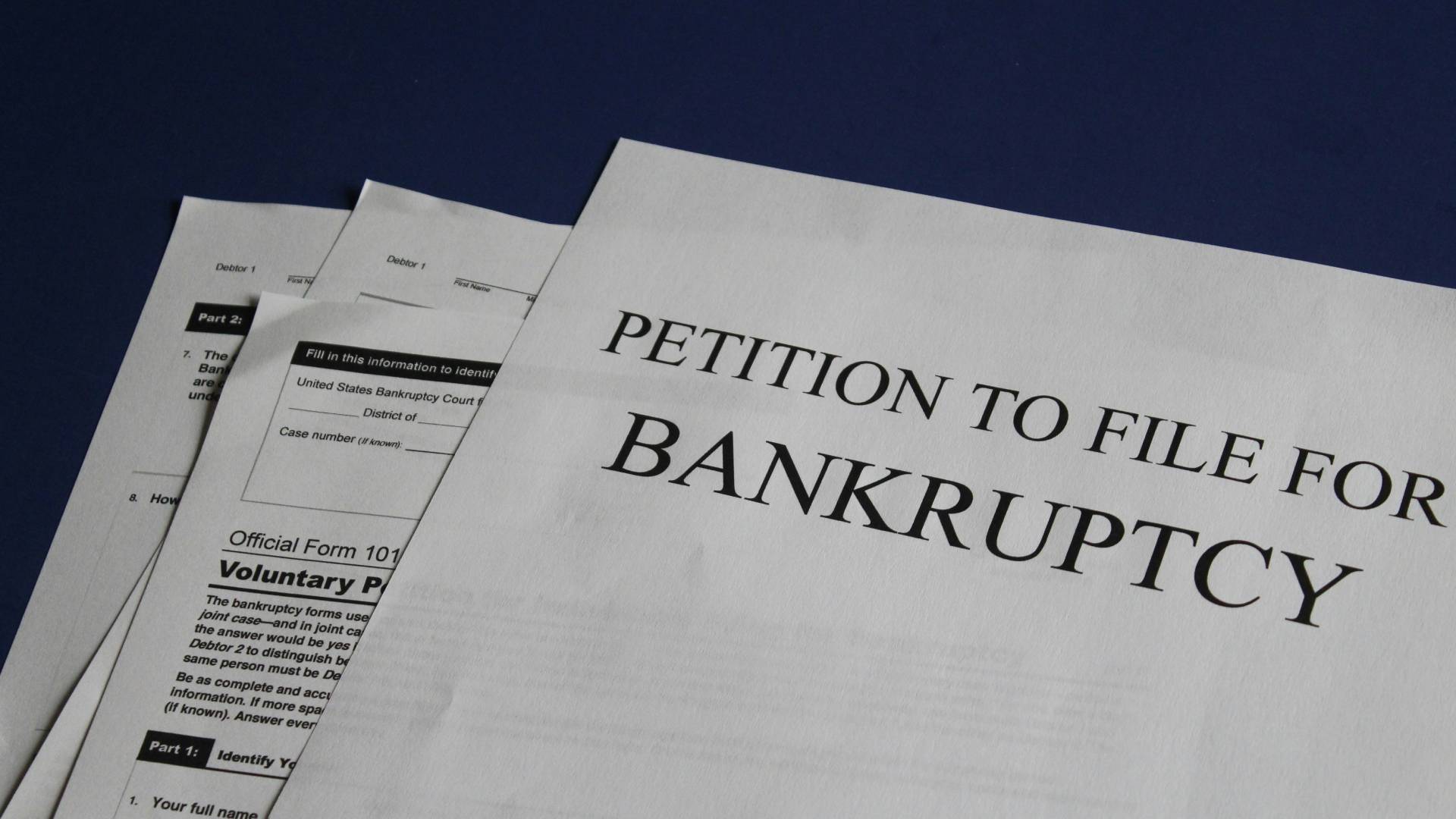Becoming a Franchisee: Opportunities, Benefits and Risks
There are various ways an individual or company may enter the world of business ownership—one of the most popular being becoming a franchisee. A franchise involves acquiring the rights to operate a business from the original owner (the franchisor). In return for a fee, the franchisee is granted the right to use the franchisor’s brand, know-how and business model within a specific territory.
While becoming a franchisee can be an exciting venture, it’s important to understand the process, benefits and potential risks before making a commitment.
1. How to Become a Franchisee
Before entering a franchise, individuals or businesses must assess their financial readiness. Franchisees are typically required to pay various fees to the franchisor with no guaranteed success, making good planning and preparation essential.
Thorough research is key when considering becoming a franchisee. Potential franchisees should examine:
- The target market
- The franchisor’s reputation
- Financial performance of the franchise
- All associated fees and charges
- The expectations placed on the franchisee
- Available investment options
2. Advantages of Becoming a Franchisee
There are several benefits to buying into a franchise model:
- Brand recognition: Most franchises are already well-established with an existing client base, offering immediate visibility in the market.
- Lower business risk: Franchises often have a proven track record. Franchisees benefit from a successful business model and brand strength.
- Ongoing support and training: Franchisors usually offer continuous training and operational support, helping franchisees navigate challenges and scale effectively.
- Supplier relationships: Franchisees can benefit from the franchisor’s established supply chain and contracts with vendors.
- Return on investment: Despite initial costs, franchises tend to offer a higher return on investment compared to starting a business from scratch.
- Easier access to finance: Lenders are often more willing to fund franchise ventures due to their reduced risk and structured approach.
3. Disadvantages of Becoming a Franchisee
While there are many benefits, it’s important to also consider the potential drawbacks:
- High initial and ongoing costs: Franchise fees, equipment, real estate, inventory and ongoing royalties can add up quickly.
- Limited autonomy: Franchisees must follow strict operational guidelines, limiting their ability to make independent decisions.
- Reputation risk: The performance of the overall franchise network can impact your business. Negative press or poor performance from other franchisees can have a ripple effect.
- Fixed-term agreements: Franchise contracts are often limited to specific time periods. Renewal terms and exit conditions must be understood upfront.
- Potential for disputes: Franchisee-franchisor relationships can deteriorate over time. It’s important to conduct due diligence and understand your legal position before entering into an agreement.
Conclusion
Becoming a franchisee can be a structured and rewarding way to enter business ownership. With the backing of a recognised brand and a tested business model, franchisees are well-positioned for success. However, it’s crucial to perform comprehensive research, seek legal advice and fully understand the obligations involved before making a commitment.
Our commercial team has extensive experience advising franchisees and would be happy to support individuals or businesses at any stage of the process.
For further advice and assistance, please contact our Commercial Solicitors on 01604 828282 / 01908 660966 or email [email protected]
Disclaimer: The information provided on this blog is for general informational purposes only and is accurate as of the date of publication. It should not be construed as legal advice. Laws and regulations may change and the content may not reflect the most current legal developments. We recommend consulting with a qualified solicitor for specific legal guidance tailored to your situation.

Written by Christopher Buck
Associate Partner, Business Services at Franklins Solicitors LLP
Specialises in insolvency law for practitioners and funders, commercial contracts including IT and franchise agreements, dispute resolution through to High Court appeals and intellectual property including trademarks, copyright and confidential information.
Christopher Buck is an Associate Partner and Commercial Services Solicitor at Franklins Solicitors LLP. He joined the firm in 2005 after graduating from the University of Reading and the College of Law in Guildford, qualifying in 2007 and becoming an Associate Partner in 2012.
Christopher specialises in insolvency, commercial contracts, dispute resolution and intellectual property. He acts for clients across sectors including IT, manufacturing and recruitment and has notable experience in high-value insolvency litigation and complex contract negotiations. He also advises on IP enforcement, trademarks and e-commerce compliance.
Known for his attention to detail and pragmatic advice, Christopher is also involved in mentoring and recruitment at the firm, helping develop future legal talent.
Outside of work, Christopher enjoys music, supports MK Lightning ice hockey and spends time with his two children.






